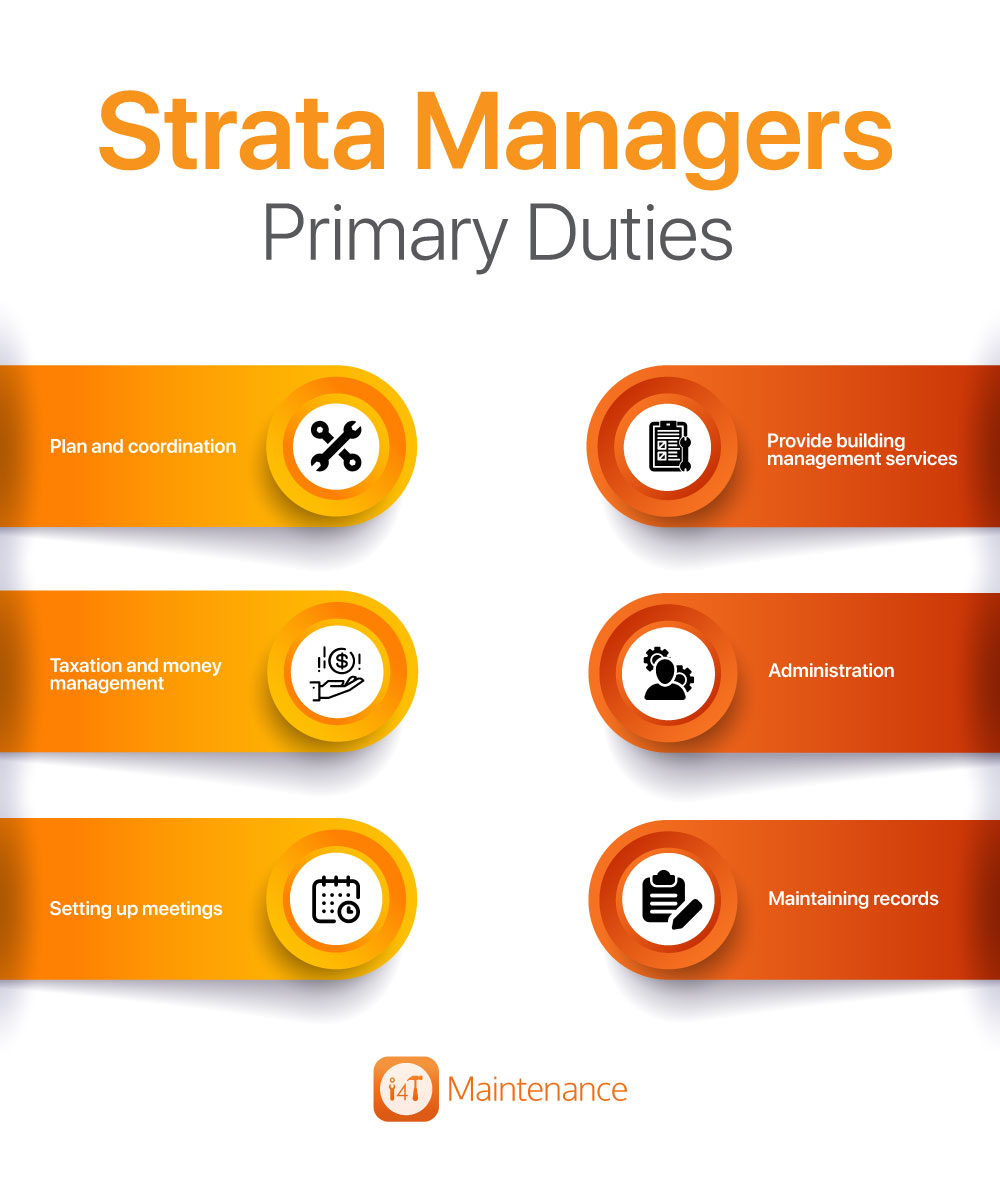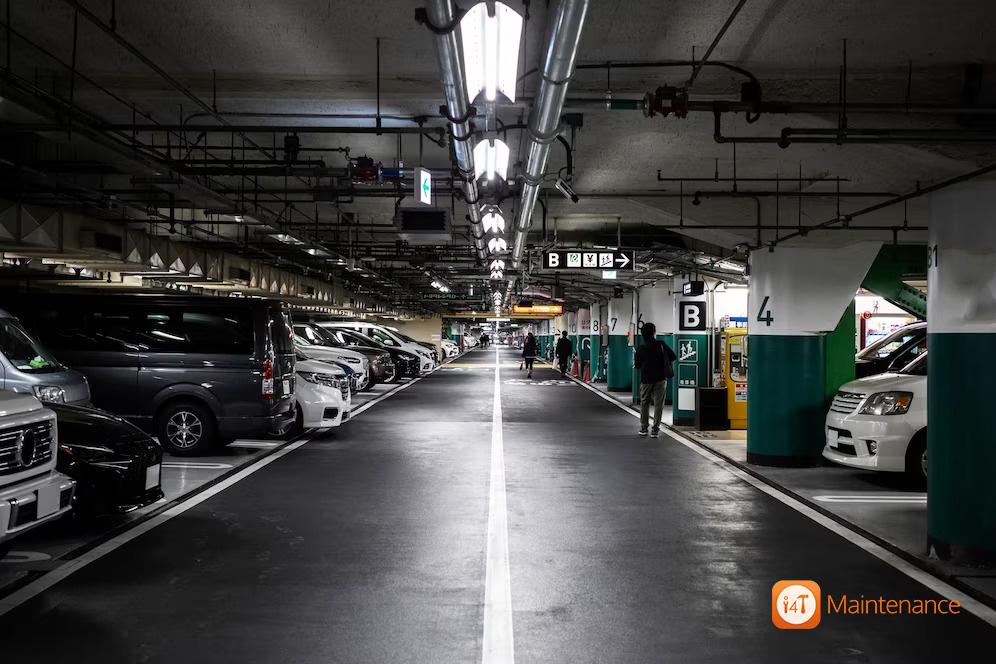Over the past decade, strata living has experienced a rapid boost in popularity due to the numerous benefits it provides. Despite the advantages, residents often encounter various strata problems. As we look to the future, addressing these challenges is essential to ensure strata living continues to thrive and attract more people.
Strata living will grow more appealing as more people look for low-maintenance and affordable lifestyles.
A study commissioned by NMHC and the National Apartment Association found that the U.S. faces a pressing need to build 4.3 million new apartments by 2035. This is a result of the housing deficit of 600,000 units brought on by underbuilding, primarily caused by the financial crisis of 2008.
Thus, the demand for strata living is definitely going to rise. The following are the top three reasons why people might further increase their interest in strata living:
- Residents seek out properties that are quick and simple to manage and that require little maintenance. This is especially true for professionals who have busy schedules and don’t have the energy to maintain a big house after a long day at work.
- The availability of upscale lifestyle options is encouraging residents more. For instance, they can use the facilities without paying extra for gyms, swimming pools, and concierge services. Moreover, the sense of security and safety is also one of the factors.
- As opposed to investing in pricey solar panels for their homes, people now prefer to purchase strata properties with green features like solar panels and electric vehicle charging stations. They also look for homes with social features like community gardens and dog walking groups.
As a result, there will be a rise in the need for strata managers. So, what does a strata manager do? A strata manager is responsible for supervising and effectively managing the day-to-day operations.
Strata managers will also be responsible for preserving goodwill among the parties involved, including the tenants. The primary duties include:

- Plan and coordinate the repair and maintenance of common property areas, including a preventative maintenance program.
- Provide building management services
- Taxation and money management
- Administration
- Setting up meetings and sending out minuting minutes
- Maintaining records and keeping them up to date
Regardless of efficient management, depending on the neighbors, there will inevitably be issues when one lives in a strata scheme. Frequently, minor damage can trigger more severe issues inside the building. Thus, it is the strata manager’s duty to address common building flaws to prevent serious accidents, emergency evacuations, and, in the worst case, the loss of life and property.
Today, we will talk about what is strata management, issues that neighbors close to one another frequently raise, and how the strata manager can deal with them.
This is to come to a concluding solution that will have a positive impact on all stakeholders involved, including body corporate, strata committee, and lot owners.
6 common strata problems and their solutions
1. Construction and renovation permission
People often want to make their lives more comfortable or tasteful by ‘improving’ their unit or townhouse: whether that’s by installing air conditioning or an extractor fan or even changing the doors or windows.
However, this is impossible if you live in a strata apartment because you will need permission to make improvements.
Similarly, all major work and anything that impacts the fabric of the building, like altering plumbing, floor surfaces, or structural work—also need approval by the strata management.
Hence, to resolve all future heartaches, it is wise to speak to the management before finalising any design or restructuring work with the contractors. It is advised that you speak to the management a few months in advance, ideally during the initial stages.
However, if you wish to streamline the work further, you can partner with i4T Maintenance, to ensure all the work carried out by your contractors is fully compliant with building codes and all SLAs are met.
2. Sinking fund and service charge
Strata managers collect monthly charges, for maintenance and future expenses such as the painting of the facade, refurbishment work, or replacement of fixtures. Even though this payment is required, due to the high cost of living, unitholders prefer not to make it.
However, there is no other choice. A strata manager should always update owners on payment statuses and follow up with them on time. The management has the right to:
- Prohibit a unitholder from using shared facilities and common areas
- If they don’t pay the fees without a good reason, revoke their permission to enter the building.
3. Leaks from the adjacent unit or between floors
Imagine there is an emergency ceiling leak. In addition to allowing mold to grow, it can harm the building and result in more severe mechanical and electrical issues. It can also possibly have an impact on the property’s selling price.
Even though it is upsetting, the issue can be resolved if a clear course of action is taken. To understand the source of the leak, the unitholder must first discuss the matter with management. Further, to find a middle ground and prevent conflict, the strata manager should have a conversation with each party at this time.
Whatever the case, action needs to be taken right away. If the problem is put off, unit owners might leave the building because they would have an impaired quality of life and feel frustrated.
Additionally, strata managers can take prompt action to fix such issues if they can easily get quotes from multiple verified service suppliers. With i4T Maintenance, this is possible.
4. Having Pets

While some people dislike a pet’s constant chatter, most people enjoy having a pet of their own.
To resolve this issue, the Third Schedule of the Strata Management Regulations 2015’s By-Law 14 contains a clause that permits pets to be kept in highrise apartments. Hence, unless they pose a threat, annoyance, nuisance, or health risk, pets can be kept.
The primary issue, however, is when some neighbors have allergies to particular animals. Strata managers can survey the unitholders they are onboarding to find a solution. This survey may contain so much important information about allergies, etc. As a result, strata managers can divide unitholders into different floors to accommodate everyone based on this.
5. Insufficient parking

Lack of space is a universal problem, so insufficient parking shouldn’t come as a surprise. There have been blatant instances where the designated parking space for the unitholder is taken by another owner, resident, or guest.
If this is a once-in-a-blue-moon issue, the conflict will not have more significant repercussions. A much bigger issue arises, though, if this consistently occurs. For this reason, the strata manager needs to assign a specific space to each unit holder and coordinate with everyone else who lives in the strata community.
By doing this, strata problems can be significantly reduced, and if they still exist, unitholders can complain to the appropriate manager or even pay a friendly visit to the usual obstructer. A smile and a friendly gesture can solve many strata problems in the present world.
6. Noise

One intolerable issue is coming after a long day, just not being able to sleep peacefully at night. If the unitholder has informed someone in advance and obtained permission, it is acceptable for them to play loud music or work on their construction. However, if it persists and develops a pattern, action may be taken.
The management body can enforce bylaws that forbid nuisance acts under the law, which, if broken, allows them to punish the offender with a sanction that was decided upon jointly.
The strata manager has the choice of calling the police or filing a report at the closest police station if things get out of hand and cannot be resolved.
Although there may be common problems and suitable solutions when it comes to strata management, in practice, dealing with the problem is complex and can occasionally become regrettably ugly, without the right systems and processes in place.
What course of action should you take as a strata manager?
- Having a clear mode of communication. If it exists between everyone, strata problems can be solved, even before they occur. To do this, strata managers should:
- Hold regular council meetings
- Send meeting notes to involved parties
- Resolve maintenance requests as soon as they are identified or reported.
- Respond to every email, even if it’s just to confirm that you read it.
- Be constantly updated with regulation changes and inform all stakeholders accordingly.
- Keep accurate records of all finances, bills, and other documents in a secure and readily accessible space, such as the Cloud. This prevents lost invoices, the establishment of a contingency fund, losing track of completed work records, and so on.
- Establishing an emergency backup plan to deal with problems like fire, burst water pipes, and sewage backup, by having a list of verified service suppliers to come in handy anytime.
Final thoughts
Even though strata property management sounds complicated, it is not if the following steps in this article are followed accordingly.
However, we advise you to use i4T Maintenance to handle your properties better and end any crisis situations rather than dealing with such problems on your own.
Using i4T Maintenance, strata managers can keep all communication transparent, streamline workflows, easily access all information from the cloud and instantly attend to a maintenance request by finding the best supplier ensuring tenant satisfaction.
After all, who wouldn’t prefer a centralized system and a transparent communication style to address every issue?
Additionally, never forget to practice compassion, patience, and understanding. All opinions have value, even if they are coming from someone you don’t like. Listening closely to all concerns and suggestions can solve many strata problems before they turn into bigger problems.
If you are the strata manager, the sole responsibility of keeping occupants happy depends on you. i4T Maintenance is the ultimate solution to handle strata problems with efficiency, transparency, compliance, and safety.
Hot off the press!

With our cutting-edge technology and in-depth knowledge of how the Field Service Management sector operates, the i4TGlobal Team loves to share industry insights to help streamline your business processes and generate new leads. We are driven by innovation and are passionate about delivering solutions that are transparent, compliant, efficient and safe for all stakeholders and across all touch points.









